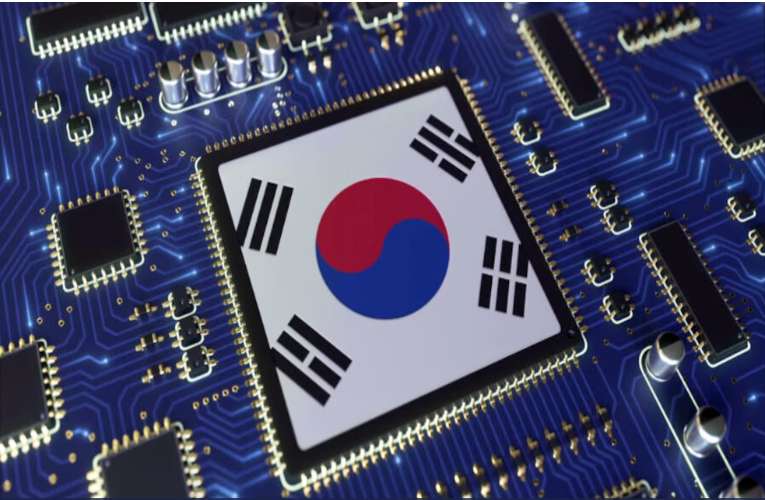
Due to higher inventories and poor chipset demand this year, the international fab equipment investment is likely to escalate to 21 percent to $92 billion in 2024
A Bloomberg report has now stated that South Korea is now speculated to spend billions on sophisticated chip-making equipment in the coming year in an effort to defeat China in the semiconductor battle. This is the same as the US banning the export of key semiconductor technology to China to develop the international semiconductor supply chains market. The report also added that the east Asian nation is likely to invest more in fab equipment by 41.5 percent to $21 billion in the coming year.
The US based global semiconductor association SEMI noted that China has pushed only a 2 percent escalation to $16.6 billion. The data clearly shows that the country is facing various challenges to purchase important semiconductor equipment to develop its chipset. This is because the US export control has made it difficult for China to access or buy equipment from companies like ASML Holding NV of the Netherlands.
Now, on the other hand, Japan and Netherlands have joined the export control league of the US and therefore, Nvidia Corp. and Tokyo Electron Ltd, the manufacturer of sophisticated equipment and chips will not be able to sell any of their products to China. Analysts all over the world have clearly added that various chip-making equipment suppliers based in the US such as Applied Materials Inc., Lam Research Corp. and KLA Corp. could lose billions of dollars of sales in the current year because of the bans and restrictions imposed by the US.
Currently, every chip foundry is very important in terms of political and financial dominance because they manufacture top-notch semiconductors required for artificial intelligence, electric vehicles, and various other imperative technologies. The Bloomberg report exclusively stated that OpenAI’s ChatGPT, for instance, was produced by putting together tens of thousands of Nvidia’s A100 chips — which are banned for sale in China — into a functional supercomputer.
South Korean President Yoon Suk Yeol has proclaimed this month to invest in a chip-making cluster in the south of Seoul drawing $230 billion from Samsung in the coming few years. In Texas, a semiconductor manufacturing unit is also constructed by Samsung to have more profits in foundry business majorly in the US. SEMI further added that TSMC is again expected to lead the international fab business again, which will be around $7 billion in 2024. Due to higher inventories and poor chipset demand this year, the international fab equipment investment is likely to escalate to 21 percent to $92 billion in 2024.

